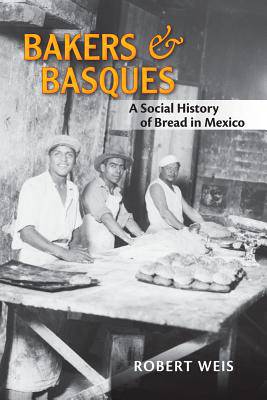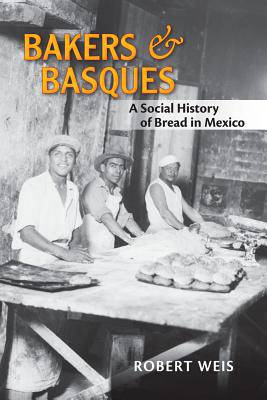
- Retrait gratuit dans votre magasin Club
- 7.000.000 titres dans notre catalogue
- Payer en toute sécurité
- Toujours un magasin près de chez vous
- Retrait gratuit dans votre magasin Club
- 7.000.000 titres dans notre catalogue
- Payer en toute sécurité
- Toujours un magasin près de chez vous
Description
Mexico City's colorful panaderías (bakeries) have long been vital neighborhood institutions. They were also crucial sites where labor, subsistence, and politics collided. From the 1880s well into the twentieth century, Basque immigrants dominated the bread trade, to the detriment of small Mexican bakers. By taking us inside the panadería, into the heart of bread strikes, and through government halls, Robert Weis reveals why authorities and organized workers supported the so-called Spanish monopoly in ways that countered the promises of law and ideology. He tells the gritty story of how class struggle and the politics of food shaped the state and the market. More than a book about bread, Bakers and Basques places food and labor at the center of the upheavals in Mexican history from independence to the aftermath of the Mexican Revolution.
Spécifications
Parties prenantes
- Auteur(s) :
- Editeur:
Contenu
- Nombre de pages :
- 232
- Langue:
- Anglais
Caractéristiques
- EAN:
- 9780826351463
- Date de parution :
- 15-09-12
- Format:
- Livre broché
- Format numérique:
- Trade paperback (VS)
- Dimensions :
- 150 mm x 226 mm
- Poids :
- 362 g







